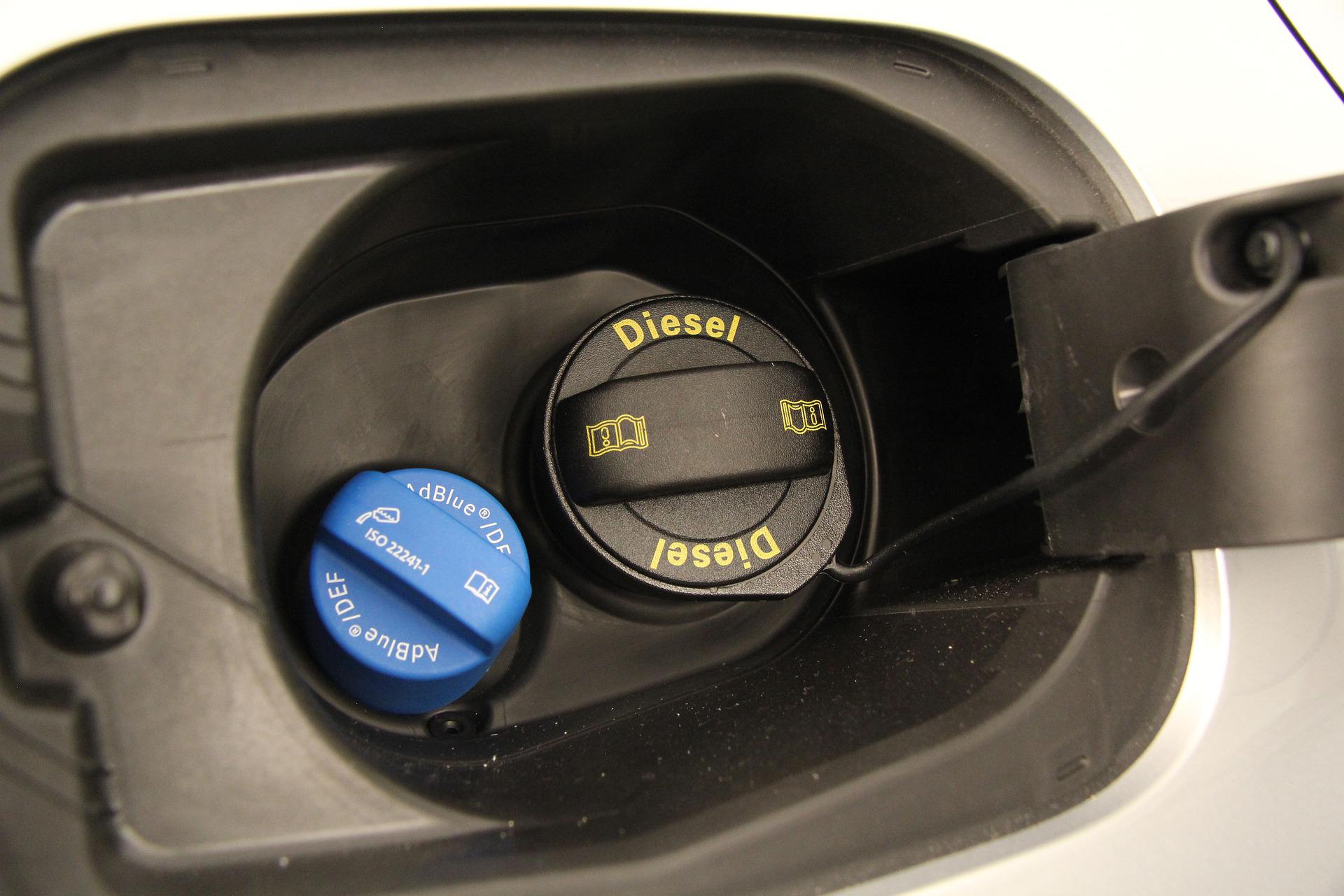
Soaring costs may prompt ceasing diesel additive production as it is too energy-intensive
In the absence of a fuel additive for diesel vehicles, the government has two options: it either provides financial assistance to additive manufacturers, or sacrifices environmental principles in exchange for supply chain security. If no action is taken, the supply of goods could almost completely halt, which would lead to empty supermarket shelves. Several European producers of the additive have already cut back production.
Transport companies are in big trouble: it is not enough that fuel prices have skyrocketed, there is also a growing shortage of AdBlue for diesel vehicles. This fuel additive is used in modern vehicles, including lorries, to clean up some of the exhaust gases, thereby reducing pollutant emissions. If AdBlue runs out in lorries, their engine’s performance will be reduced by a quarter and its emissions will be much higher.
Of course, the sanctions against Russia have also made AdBlue much more expensive to produce in recent months as the additive is mainly produced as a by-product by fertiliser manufacturers, who are heavily dependent on natural gas and sanctions force them to buy that at high prices.
Before the crisis, hauliers were paying an average of 17 euro cents a litre for AdBlue, but now it is well over 1 euro. Many of them, however, couldn’t obtain the expensive additive even if they would grind their teeth and pay for it, as several European manufacturers have already cut back production due to the lack of profits. SKW Piesteritz, one of Germany’s largest manufacturers based in Saxony-Anhalt, has already announced that it is forced to stop production in October due to high prices and the upcoming gas tax. As of now, the manufacturer will incur 30 million euros a month in additional costs after the gas tax is introduced.
This is only the beginning, the situation could turn even worse in the future, says Stefan Schmidt, a member of the liberal FDP party, participating in the ruling coalition.
It is getting worse. SKW Piesteritz is shutting down. Germany’s biggest fertilizer, carbamide and AdBlue producer closes its doors. Gas prices are too high. Just the beginning. Degrowth. https://t.co/DqgruqQ3bi
— Stefan Schmidt (@StefanUlm_says) August 26, 2022
Running out of AdBlue would deal a fatal blow to the economy. If lorries are unable to deliver, goods will not reach supermarkets, small shops, bakeries, restaurants, bars, and even gas stations would be negatively affected by interruptions or complete shortage of supplies. Operators of power plants such as the waste-to-energy plant in Schwandorf – which uses ammonia water to clean exhaust emissions – would face similar problems. In a state of emergency, power plants should either be shut down, or politicians should allow the emission of much more polluting exhaust gases.
Ultimately, the transport of goods would also pose a similar dilemma leaving the federal government with two options: it either provides financial aid to AdBlue manufacturers or allows higher emissions when it comes to the transport of goods, thereby abandoning climate targets in order to protect the economy.
Lorries running on alternative fuel would be an additional option, but such vehicles are still too few in number to help out a struggling economy.

